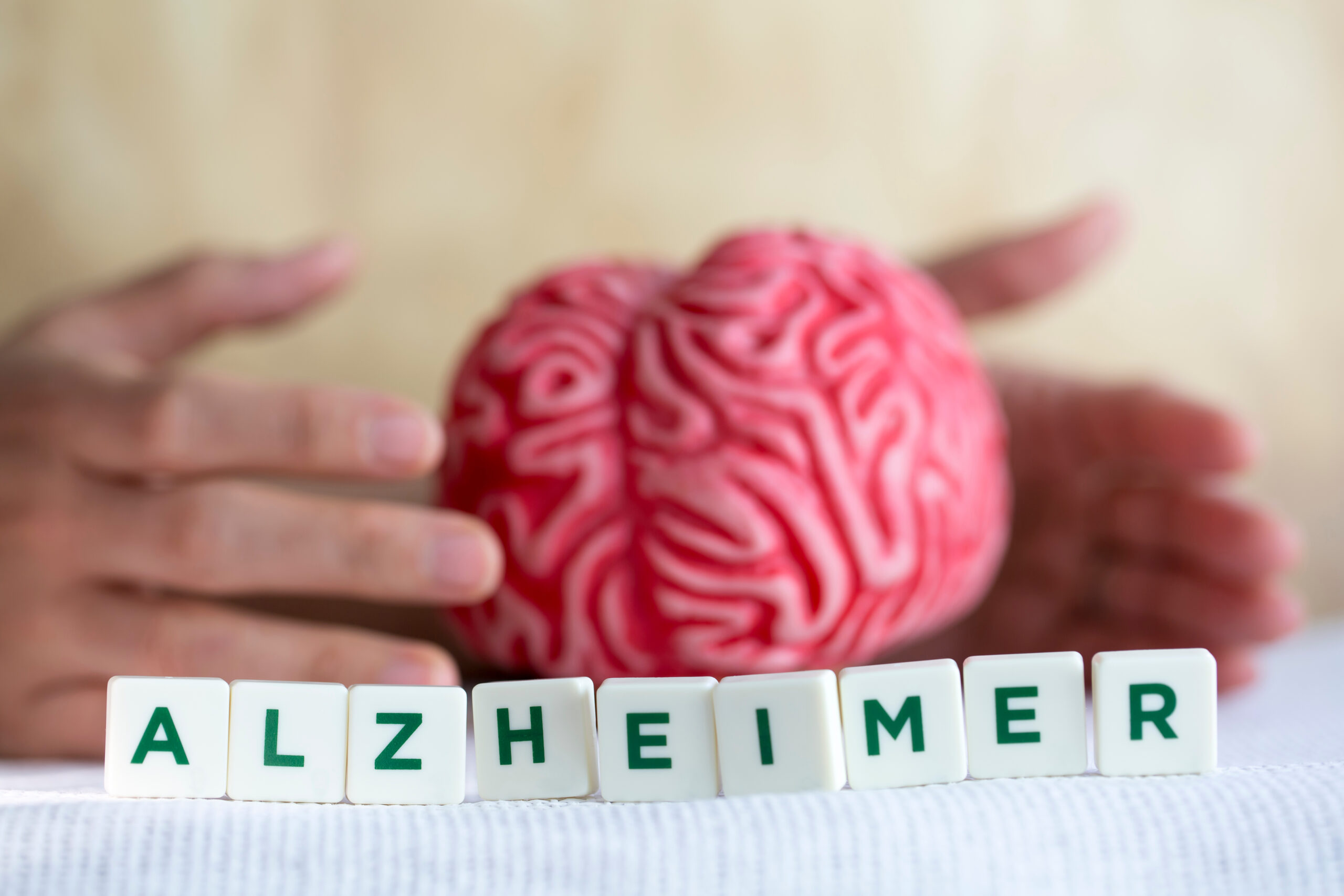The Dementia Risk Factor That’s Plaguing Millennials
**The Rising Dementia Risk for Millennials: Understanding the Threat**
As the world grapples with the increasing prevalence of dementia, a new generation is facing a daunting challenge: millennials. By 2060, the number of dementia cases in the United States is expected to double, with a significant portion of this increase affecting younger adults, including millennials. But what are the risk factors driving this surge, and how can millennials protect themselves?
### The Risk Factors
1. **Age**: The biggest risk factor for dementia is age. As people get older, their brains undergo natural changes that can lead to cognitive decline. By 2060, some of the youngest baby boomers will be in their 90s, and many millennials will be in their 70s. This means that even younger adults will be at a higher risk of developing dementia as they age.
2. **Genetics**: While genetics play a role in dementia, they are not the sole determining factor. Many people with a family history of dementia can still take steps to reduce their risk.
3. **Lifestyle Choices**: Lifestyle factors such as diet, exercise, and mental stimulation can significantly impact the risk of developing dementia. Poor access to education and nutrition, for instance, can contribute to earlier differences in cognitive reserve.
4. **Health Conditions**: Managing health conditions like high blood pressure, cholesterol levels, diabetes, and obesity is crucial. These conditions can increase the risk of dementia by damaging blood vessels in the brain.
5. **Social Engagement**: Staying cognitively and socially engaged is important. Encouraging older adults to participate in activities that challenge their minds and keep them socially active can help slow down cognitive decline.
### The Study
A recent study by researchers at the University of Mississippi Medical Center (UMMC) analyzed data from the Atherosclerosis Risk in Communities (ARIC) Study. The study found that after age 55, people have about a four in ten chance of developing dementia if they live long enough. By age 85, the risk jumps to 20%, and by 95, it reaches 42%. The study also noted that Black Americans have a slightly higher risk than white participants.
### What Can Millennials Do?
While the risk of dementia is higher for older adults, millennials can still take steps to reduce their risk. Here are some simple and effective ways to protect your brain health:
1. **Stay Active**: Regular physical activity can help keep your brain healthy. Aim for at least 30 minutes of moderate exercise per day.
2. **Eat Well**: A balanced diet rich in fruits, vegetables, and whole grains can help maintain cognitive function. Avoid foods high in sugar and unhealthy fats.
3. **Manage Health Conditions**: Keep your blood pressure, cholesterol levels, and diabetes under control. Quit smoking and manage obesity.
4. **Stay Mentally Active**: Engage in activities that challenge your mind, such as reading, puzzles, or learning a new skill.
5. **Socialize**: Stay connected with friends and family. Social engagement can help keep your mind sharp and reduce stress.
6. **Get Enough Sleep**: Adequate sleep is essential for brain health. Aim for 7-8 hours of sleep each night.
7. **Manage Stress**: High levels of stress can negatively impact brain health. Practice stress-reducing techniques like meditation or deep breathing exercises.
By understanding the risk factors and taking proactive steps, millennials can significantly reduce their risk of developing dementia. It’s never too early to start making healthy lifestyle choices that will benefit your brain health for years to come.





